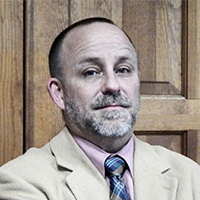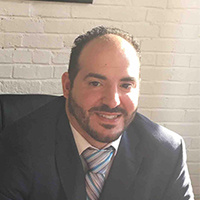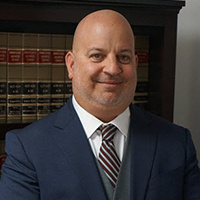Ferndale Misdemeanor Lawyer, Pennsylvania
Sponsored Law Firm
-
 x
x

Click For More Info:
-
Ciccarelli Law Offices
Numerous Office Locations Available» view mapCriminal Defense Success Is Our Mission
You gain the resources of a Team with 100 years of combined experience fighting for their clients throughout Pennsylvania.
888-240-0896
Not enough matches for Ferndale Misdemeanor lawyer.
Below are all Ferndale Criminal lawyers.
Paul M. Aaroe
✓ VERIFIEDPaul M. Aaroe, II, Esquire. Over 30 years of experience. Personal and professional services. Son of Superior Court Judge Paul Aaroe. Dedicated ... (more)
Frank J. Trovato
✓ VERIFIEDFrank is a practicing lawyer in the state of Pennsylvania.
Albert Yacoub
✓ VERIFIEDAs a former Luzerne County Assistant District Attorney, Albert prosecuted many criminal cases before setting his sights on criminal defense and immigr... (more)
Charles Laputka
✓ VERIFIEDIf you are experiencing financial difficulties, you do not have to work through them alone. The Laputka Law Office focuses on your debt/credit related... (more)
Liam John Duffy
✓ VERIFIEDLiam J. Duffy practices in the areas of Divorce, Support, Child Custody, Equitable Distribution, Protection from Abuse, Civil Litigation, Business Law... (more)
Vincent D. Margiotti
✓ VERIFIEDFollowing law school Mr. Margiotti practiced exclusively in the area of personal injury and accident law with a major Philadelphia law firm. After se... (more)
Keith D. Cacciatore
FREE CONSULTATION
CONTACTRobert Charles Patterson
FREE CONSULTATION
CONTACT Lee Ciccarelli West Chester, PA
Lee Ciccarelli West Chester, PA AboutCiccarelli Law Offices
AboutCiccarelli Law Offices Practice AreasSpecializations
Practice AreasSpecializations






